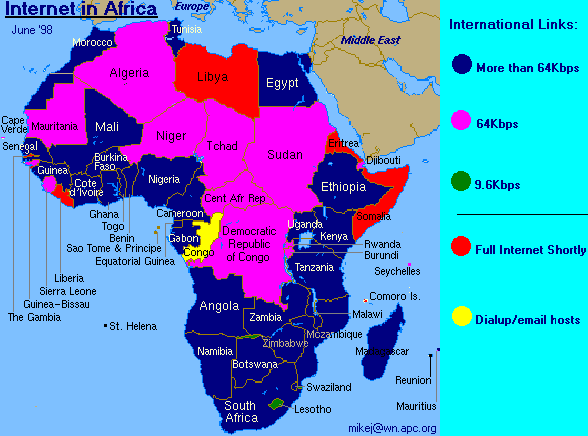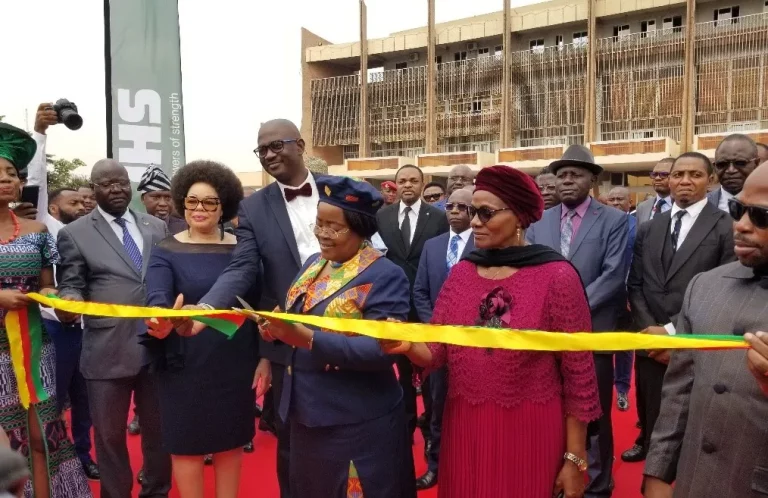IDC:Africa’s Digital Future Remains Bright Despite Myriad Challenges


Spurred by increased infrastructural investments, improved connectivity and affordability, positive government interventions, and the spread of mobility, the African digital media landscape is rapidly evolving, according to global IT market intelligence firm International Data Corporation (IDC). Referencing its ‘Assessment and Outlook of the Digital Media Ecosystem in Africa’ report, IDC today said the future remains bright for the continent, although key challenges such as low propensity to pay for applications and content as well as lack of ubiquitous high speed broadband infrastructure continue to hamper progress and will take a while to resolve.
“The digital picture in Africa is changing rapidly,” says Leonard Kore, a research analyst for telecommunications and media at IDC East Africa. “Internet penetration is on the rise, buoyed by increased infrastructure investments, while the landing of undersea fiber-optic cables connecting Africa to the rest of the world has greatly reduced transmission time and costs while increasing bandwidth capacity. Although only an estimated 19% of the continent’s 1 billion population is online, this situation is expected to improve as investments in infrastructure continue to gain momentum; this includes 2G and 3G network infrastructure expansion and fiber to the x (FTTx).”
Mobile usage has had a transformative impact in Africa. Other key factors include the high digital appetite for social media and the impending digital migration,while other sectors such as ecommerce have had a tough time gaining traction. The digital disruption has significantly changed consumer behavior, and service usage patterns have altered as a result, with consumers now seeking devices with intuitive interfaces, content-rich applications, and faster connectivity capabilities as they spend more time online.
“The growth of digital media has had a positive impact on businesses in Africa in terms of cost reduction, increased employee productivity, and improved communication and information sharing, both internally and externally,” continues Kore. “The traditional roles of various market players are expected to evolve as telcos continue to venture into the digital media space, while OTTs, and OEMs emulate telecom services at the application layer, resulting in a transition that has given rise to a friend/foe relationship among these key stakeholders. Other critical issues include app and content developers seeking better compensation/business models from dominant players such as telcos, all of which must be resolved in order for the ecosystem to grow.”
IDC’s ‘Assessment and Outlook of the Digital Media Ecosystem in Africa’ provides a critical assessment of the digital media landscape across thecontinent. The study looks at the key drivers enabling the digital environment and assesses a number of key challenges facing the industry. It also seeks to understand the reinvention of traditional roles for various players in the digital media ecosystem, while simultaneously examining the evolution of digital services in the business environment. The insights are based on continuous dialogue with technology leads from across the digital media market (e.g., content providers, app developers,ecommerce players, and end users), as well as on interviews with telecom operators and service providers and inputs from IDC analysts on the ground in Africa.







